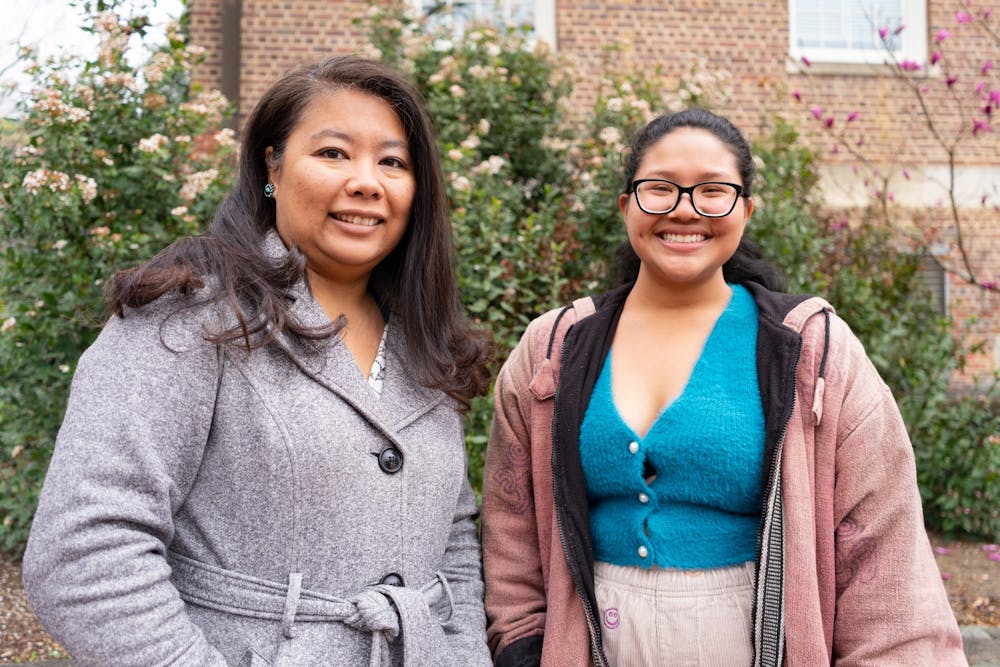A double alumna of the University, Jessica Lambert Ward has considered UNC her home for more than 20 years.
Ward received both her undergraduate and master's degrees at UNC. Now, she serves as the director of the Carolina Collaborative for Resilience, working to create a more supportive environment for undergraduate and graduate students.
“I am really here to do the work," Lambert Ward said. "To build the trust of the UNC community, and the students, and create a kind of environment where everyone feels seen, heard, and understood, and supported.”
The CCR, which launched its pilot plan last year, connects students with Resilience Coaches, who can serve as a "bridge" between students to help them access other support on campus, according to the program's website. The coaches are trained to help students experiencing identity-based issues.
The idea for the CCR came about in summer 2020, Ward said, and it was developed in consultation with students, faculty, staff, alumni and the program's advisory board.
On March 3, UNC announced the official launch of the CCR.
“We’ve really tried to tap into the experiences of all of these diverse stakeholders but also relying on multidisciplinary scholarships and best practices to design out the work,” Lambert Ward said. “And then now, it's just officially moving from the design phase into implementation."
The CCR is housed in the University Office for Diversity and Inclusion and runs in partnership with the office, as well as the Office of the Executive Vice Chancellor and Provost, the Office of Undergraduate Admissions and the College of Arts & Sciences.
The University's announcement said the CCR would provide "caring and compassionate support" for students. Its Resilience Coaches are faculty and staff who are trained to help students cope with race, identity and belonging-related challenges.




